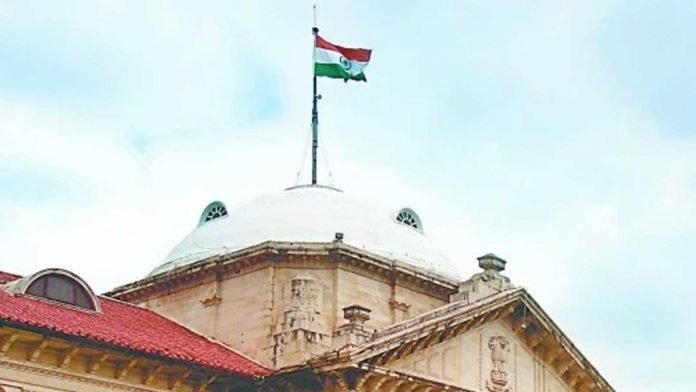
Big news: Allahabad High Court bans ASI survey in Gyanvapi Masjid premises- Allahabad High Court has given a big verdict in the Gyanvapi Masjid case. The High Court has stayed the ASI survey in the Gyanvapi Masjid premises. The court has stayed the 8 April judgment of the Varanasi Civil Court. Earlier, the civil court had ordered an ASI survey to investigate the mosque premises. Against this order, a demand was made by the UP Sunni Central Waqf Board and the Masjid Committee to ban the survey.
The Masjid’s Arrangement Committee and the UP Sunni Central Waqf Board had opposed the Varanasi court’s decision, saying that a matter in this regard is already in the High Court. In such a situation, the court of Varanasi cannot pass such an order and this order should be set aside. After the debate in this matter, the High Court had reserved the decision on 31 August.
What was the argument of the Masjid side
The Masjid side had said in the court that the order passed by the Varanasi Court Civil Judge on April 8 is a clear violation of the Place of Worship Act of 1991. Under the Place of Worship Act of 1991, he has sought a stay on the order passed by the Varanasi Civil Judge on April 8, calling the petition of the temple side unjustified. It has been said on behalf of the petitioner that under the Place of Worship Act 1991, no change or alteration can be made in any religious place before 15 August 1947.
This was to say from the temple side
Temple parties say that in 1664, Mughal ruler Aurangzeb had demolished the temple and built the Gyanvapi Mosque on its remains, to know the reality of which it is necessary to conduct a survey of the mosque premises. The temple side claims that after the excavation of the mosque complex, evidence of Tamir Masjid will definitely be found on the remains of the temple. For this, it is very important to conduct an ASI survey. It will be clear from the survey of the mosque premises whether the land where the mosque has been built by demolishing the temple or not.




































